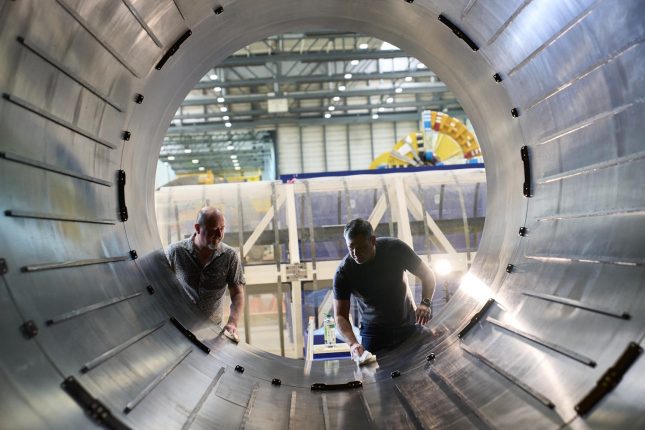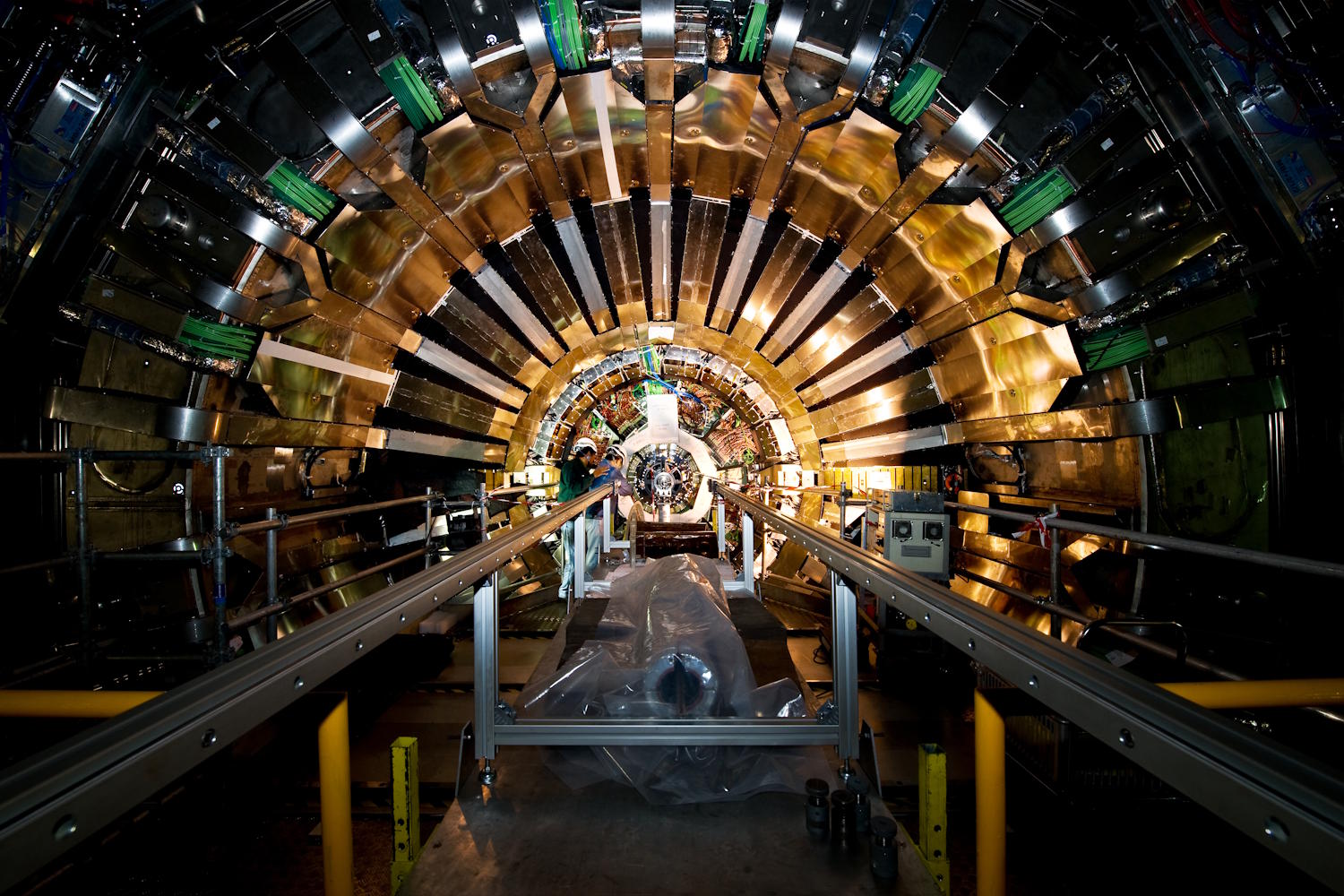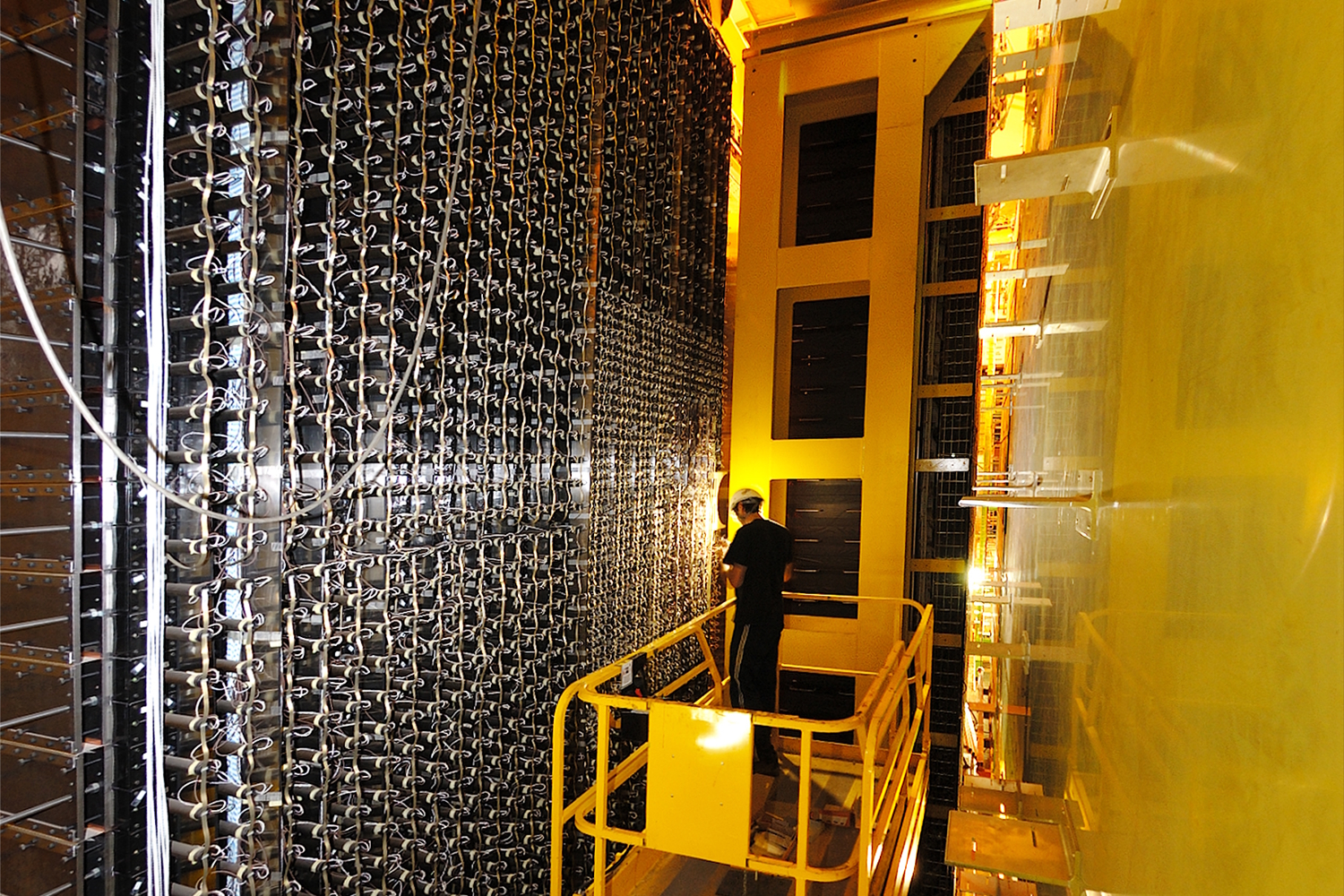What you'll do
You will join the Physics Beyond Colliders (PBC) initiative at CERN, which expands the scientific reach of the accelerator complex through innovative experiments exploring new frontiers in particle physics. You will perform detailed electromagnetic simulations of novel PBC installations, assess their impedance impact on beam stability, and design or propose mitigation solutions where needed. The work includes developing and applying advanced measurement techniques, such as non-wire bench methods, to experimentally characterise complex PBC structures. You will also contribute to enhancing the in-house Wakis code for PBC applications and benchmarking it against commercial solvers, with the opportunity to take part in high-intensity beam studies. This role offers a unique chance to work at the intersection of novel physics experiments, simulation, and impedance R&D.
Your responsibilities
- Carry out electromagnetic simulations of novel PBC devices and installations.
- Quantify the impedance impact of these structures on high-intensity beam stability.
- Contribute to the development of innovative experimental methods (e.g. non-wire bench techniques) to characterize complex structures.
- Advance and benchmark the in-house Wakis code against commercial solvers, extending its capabilities for PBC applications.
- Propose or design mitigation solutions to ensure the safe integration of new experimental devices.
- Participate in high-intensity beam studies in the injector complex, supporting the PBC physics programme.
Still here? Let's make a quick check about
Your profile
- Experience in electromagnetic simulations or accelerator physics.
- Understanding of beam dynamics or high-intensity beams is an advantage.
- Motivation to work at the intersection of novel physics experiments, simulation tools, and experimental techniques.
- Ability to collaborate in a multidisciplinary and international team environment.
- Your studies focused on Applied physicist
Your skills
- Knowledge of electromagnetic simulation tools (e.g. CST, HFSS, COMSOL, or similar).
- Basic programming skills (e.g. Python, C++) for data analysis and code development.
- Familiarity with numerical methods and scientific computing.
- Problem-solving mindset and ability to learn new tools quickly.
- Good communication skills
- Spoken and written English, with a commitment to learn French
Global Benefits at CERN
Let's get you ready
Be sure to meet the eligibility criteria
- You are a national of a CERN Member State or Associate Member State.
- By the application deadline, you have a master’s degree with 2 to 6 years of professional experience since graduation or a PhD with a maximum of 3 years of professional experience since graduation. You are not eligible with only a bachelor’s degree.
- You have never had a CERN fellow or graduate contract before.
- Please pay attention to the additional criteria and requirements for this specific position and mentioned above.
You will need these documents to complete your application
- Your CV (English or French)
- Any document you consider relevant to your application
- A copy of your most relevant diploma or a certificate of achievement from your school (if you don't yet have your paper diploma)



